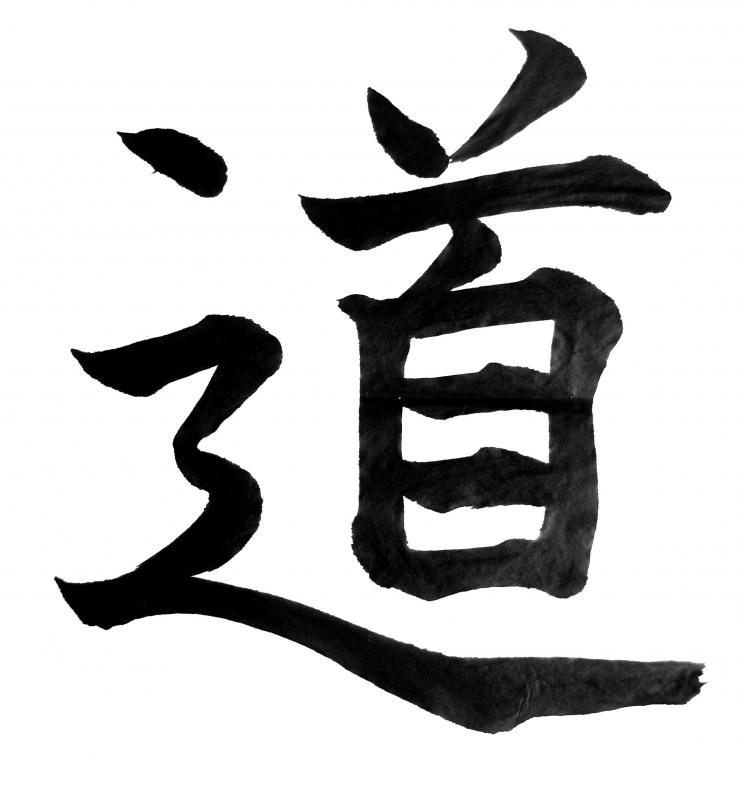At PracticalAdultInsights, we're committed to delivering accurate, trustworthy information. Our expert-authored content is rigorously fact-checked and sourced from credible authorities. Discover how we uphold the highest standards in providing you with reliable knowledge.
What Are the Different Types of Language Qualifications?
There are many different types of language qualifications for nearly all languages. In some contexts, demonstrated fluency or records of having taken a class may be the only qualifications available. Special language qualifications might cover the ability to teach, translate, or interpret in a language. Countries often offer different qualifications for native speakers than they offer for foreign language learners. Depending on why someone wishes to gain qualification, testing may not be necessary.
Taking courses and achieving a degree in a language is one common type of qualification. When a language is not common enough to be associated with specific tests and ranking procedures, courses may be the only qualification available. This type of representation of skill can be bolstered by grades and demonstrated work in the language. When studying dead or dying languages, the level of fluency required to be considered a valuable expert may be much lower than for living languages.

Testing programs make up some of the most common language qualifications, and there may be several available tests for a language. For example, there is a French language exam associated with the French Ministry of Education, but there is also a French AP exam as well as a French SAT II exam. In this case, only the language qualifications associated with the French educational system can be used to avoid the language entrance exams for French universities, but the French AP exams can provide college credit in an American university. Qualifications are often specific to a purpose or a goal in this way.

Many testing programs differentiate between native speakers and foreign language learners. For example, Japan has a Foreign Language Proficiency Test, but also has tests for native speakers on subjects like kanji and other specific topics. While a foreign language learner might be able to pass a test for a native speaker, he or she is typically not expected to excel in the same areas as a native speaker. Foreign language tests tend to have an oral component that native speaker tests lack, as native speakers generally have no trouble expressing ideas in speech.
Special language qualifications may be required for jobs like teaching or translating a language. It is common for these tests to be preceded by extensive educational requirements and sometimes a degree. There are often competing qualifications for language teachers, and the qualification considered most reliable may depend on the area in which a person wishes to work. In some circumstances, however, demonstrating aptitude in a language may be more valuable than any institutionally sanctioned qualification.
AS FEATURED ON:
AS FEATURED ON:












Discuss this Article
Post your comments